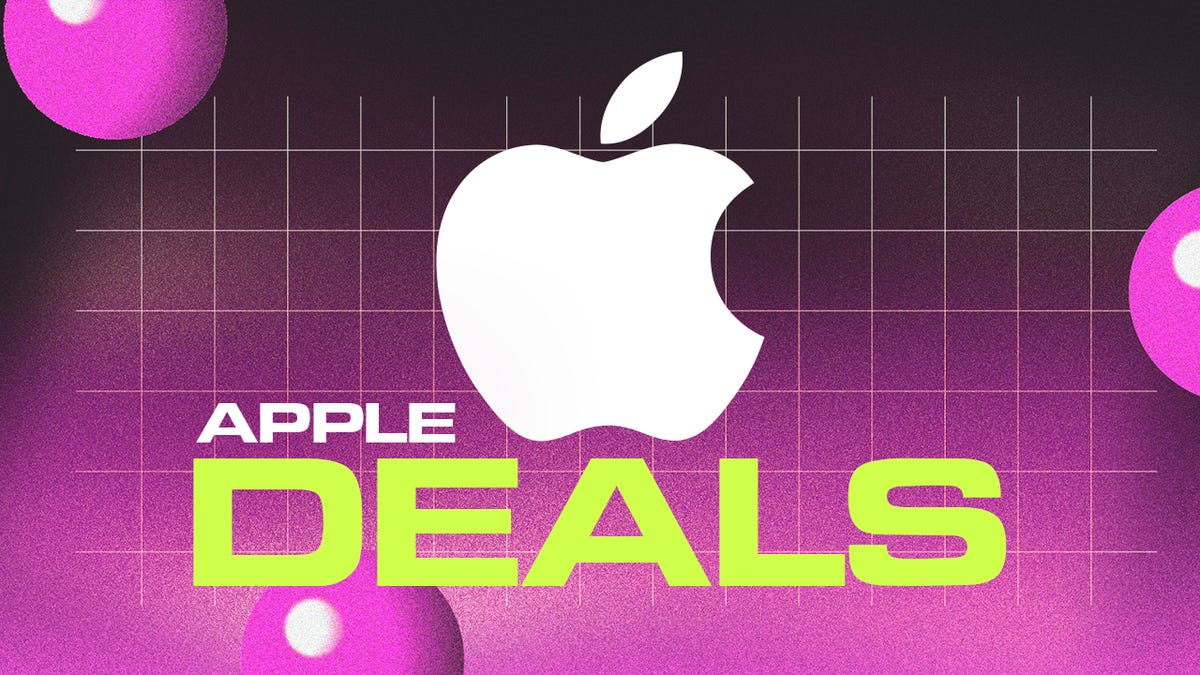[ad_1]
A few years back, we published a feature highlighting memorable video game music from the 8-bit and 16-bit era. The brainstorming session for that piece was extensive, but for the sake of brevity the list was whittled down to just eight core entries and two honorable mentions – uncertain of a sequel, we felt Daytona USA and Techno Syndrome were simply too important to overlook.
Our readers proved passionate on the subject, reminiscing about their favorite soundtracks and pointing out some glaring omissions, whether due to sheer ignorance of a particular game or it simply not making the cut. One thing was clear: a sequel was in order.
Forging ahead with part two, we decided to focus exclusively on outstanding PC game soundtracks. We’ve certainly got our hands full as there’s a plethora of excellent material to consider. Let’s revisit some of the most unforgettable video game music from the PC era…
Doom: 1993
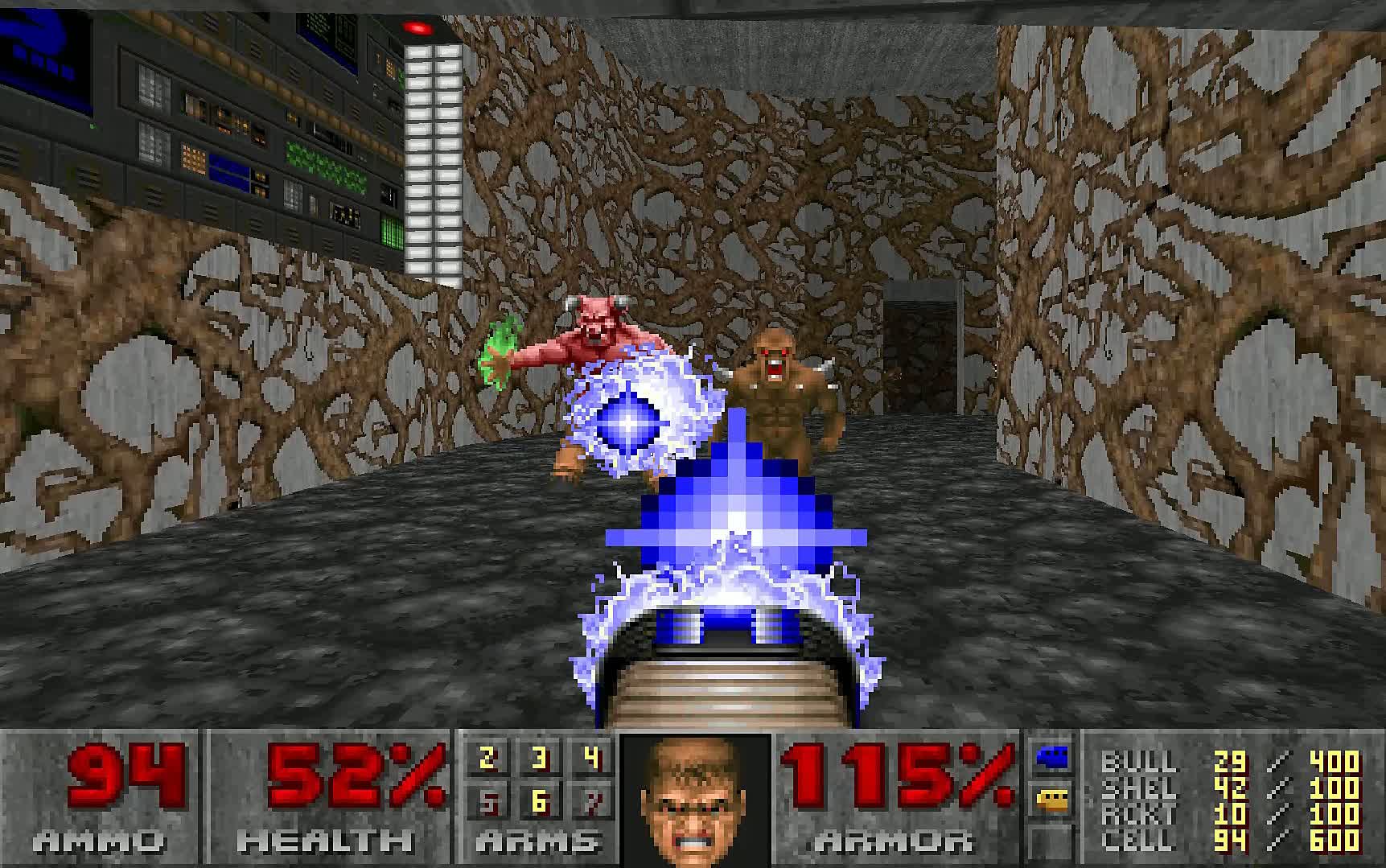
Can an entire franchise be considered for inclusion in a roundup like this? I suppose it can when that series is Doom. The groundbreaking first-person shooter dropped from id Software at the tail end of 1993 and forever changed gaming. It was edgy, gritty, controversial, fun… and it had one badass soundtrack.
Music and sound effects for the original Doom were created by Bobby Prince, who had just finished up work on an earlier id Software game you might be familiar with, Wolfenstein 3D.
Interestingly enough, Prince didn’t write music for specific levels as the game wasn’t finished when he did his part. Instead, it was John Romero that later came in and decided which tracks to associate with what levels.
Click to play the soundtrack
Prince got the nod for Doom II as well and has been involved in several other projects over the years including Duke Nukem II and Duke Nukem 3D, among others.
For the 2016 Doom reboot, id Software recruited composer Mick Gordon. The Aussie’s work in gaming dates back to 2006 but the new Doom was his coming out party. Gordon took the task seriously, coming up with a rather unique way to create music – and even managing to sneak in some clever Easter eggs which he thought would never be found.
The hard work paid off as Doom won best music / sound design from The Game Awards 2016. Gordon even performed live at the event.
Click to play the soundtrack
Andrew Hulshult, another well-known American video game composer, also got in on Doom mania. In 2016, he published a complete modern and professional remake of the music from the original Doom. The work, titled IDKFA: Full Doom remake album, no doubt helped him nail other gigs in the industry, which we’ll get to in a bit.
Myst: 1993
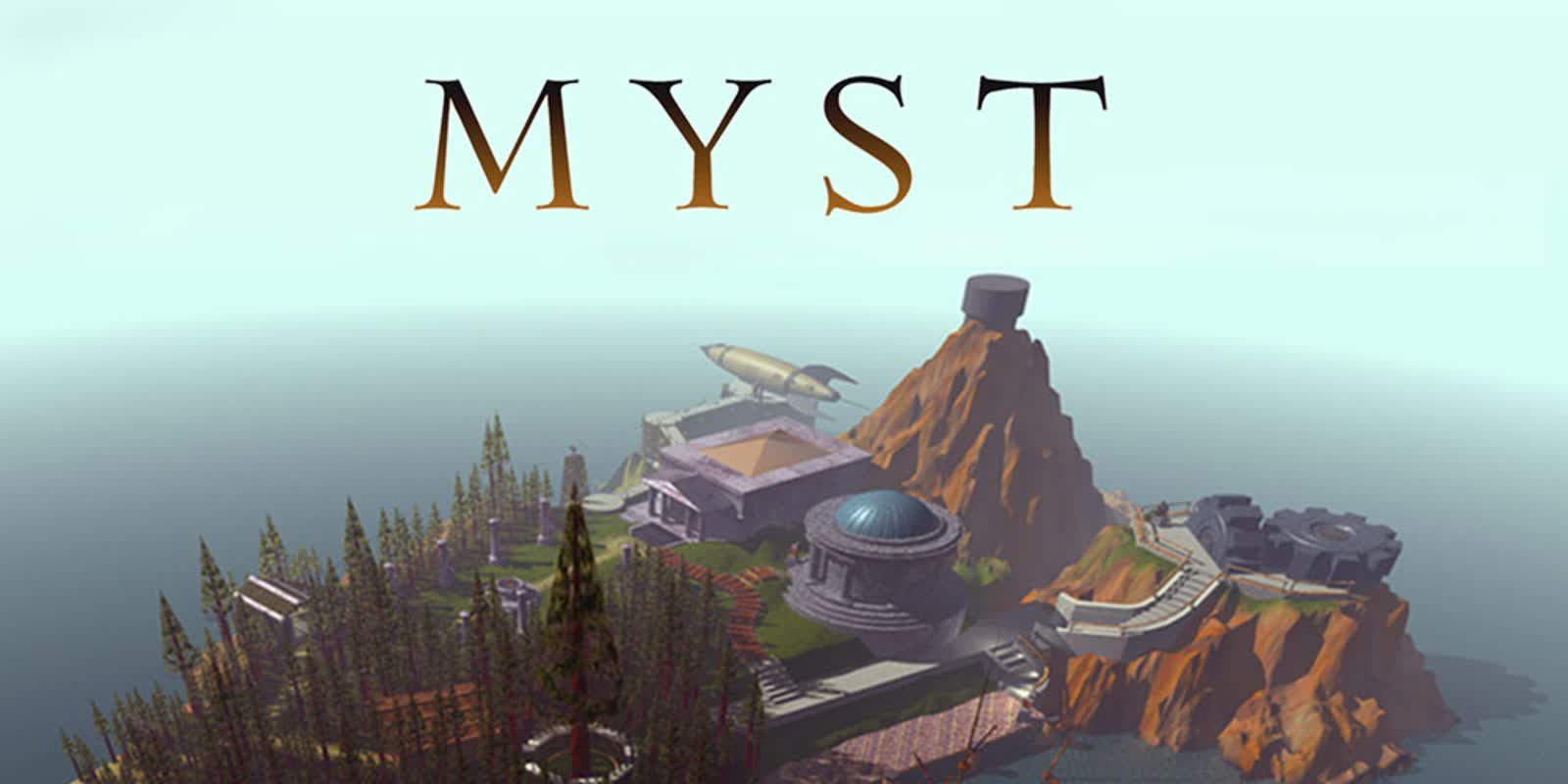
Myst was released for the Macintosh in late 1993 before finding its way to Windows computers the following year. The puzzle-solving game was absolutely astonishing, blowing everything else out of the water with its lush fictional world, brilliant gameplay mechanics and astonishing audio.
It easily goes down as one of my top 5 favorite games of all time and for many years, it held the crown as the best-selling PC game (until The Sims trumped it in 2002). It’s also the title that turned me to PC gaming, though it’d be another half decade before I’d get my first computer and start exploring titles like Tom Clancy’s Rainbow Six, Unreal Tournament and Carmageddon II.
Click to play the soundtrack
In Myst, players must solve puzzles to collect books which transport them to different worlds, or “Ages.” In these Ages, the player is tasked with finding missing pages and returning to Myst Island to put them in their rightful books to further the story.
The game’s music was composed by Robyn Miller, who also served as the game’s art overall designer. In my opinion, it’s the music that really sets the game apart.
Click to play the soundtrack
The tracks assigned to each Age are masterful; they go a long way to creating an undeniable feeling of immersion. Each track just fits so perfectly. And again, we’re talking about a game that’s well over 25 years old at this point. That wasn’t easy to do back then.
Indigo Prophecy: 2005
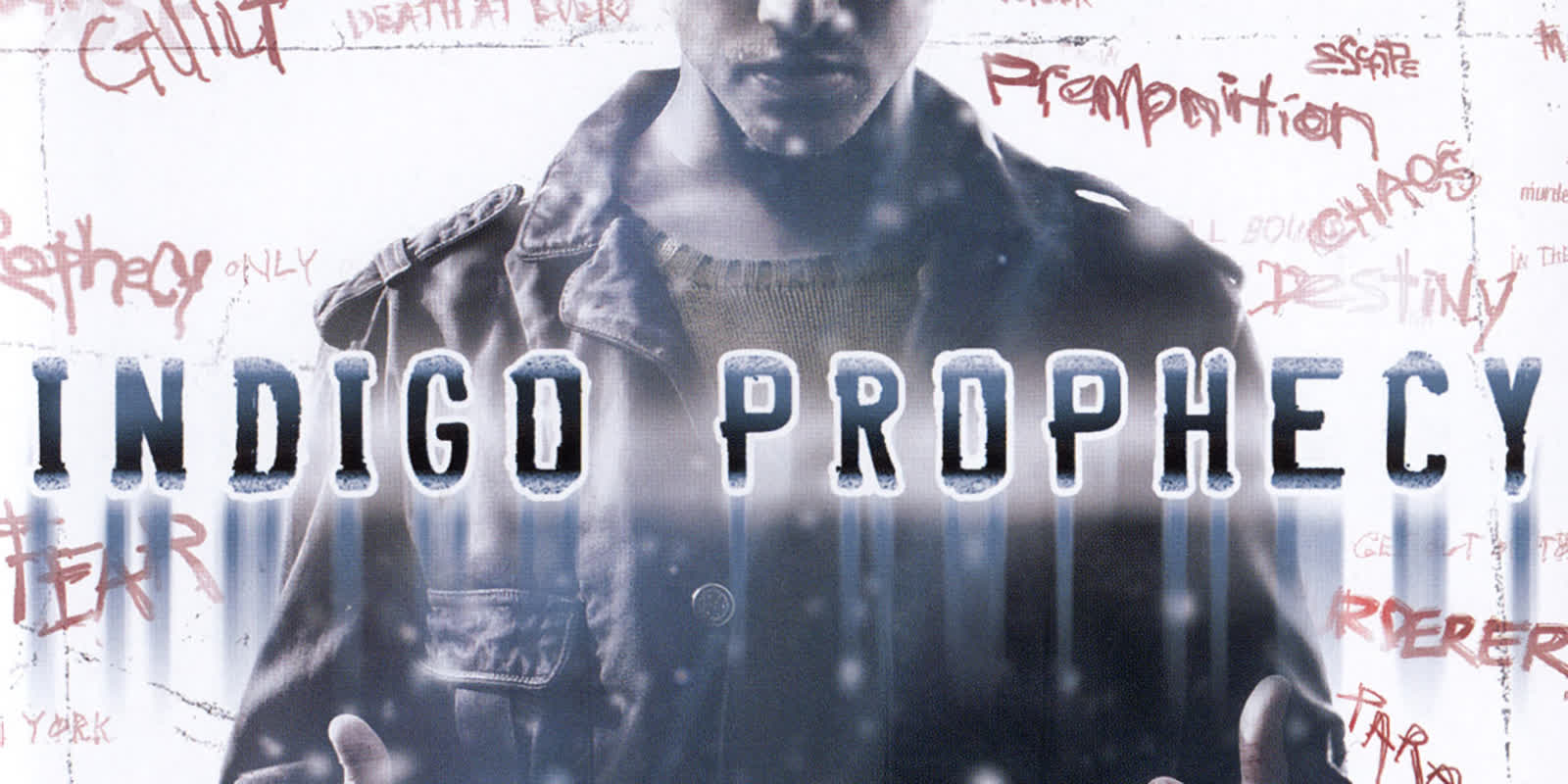
Indigo Prophecy, known as Fahrenheit outside of North America, was the second major release from French video game developer Quantic Dream. It’s billed as an action-adventure game that relies heavily on quick time events, or pressing inputs on the controller to match a sequence shown on the screen. Really, it’s more of a choose-your-own-adventure interactive story.
The game’s composer, Angelo Badalamenti, worked with a Canadian orchestra to record the game’s score. Badalamenti is perhaps best known for his work on Twin Peaks, the early 90s American mystery / horror TV series.
Click to play the soundtrack
In an interview with 1up, Indigo Prophecy writer and director David Cage said his only recommendation to Badalamenti was to forget he was working on a video game. Instead, he wanted the composer to treat the project as if it was a real movie.
“Angelo was extremely receptive and open-minded, Cage said. “When he made me hear the first theme he wrote for Lucas during the opening sequence, it was obvious it was the right one. It had all the emotion I was looking for, this dark, epic, human feeling I was desperate to hear.”
Click to play the soundtrack
Fahrenheit additionally features four songs from Canadian rock band Theory of a Deadman off their second studio album, Gasoline.
The most notable was without a doubt Santa Monica, which if I recall, played during the game’s ending credits. Say Goodbye was also a quality track, but I don’t think it ever surpassed the popularity of Santa Monica.
Terraria: 2011
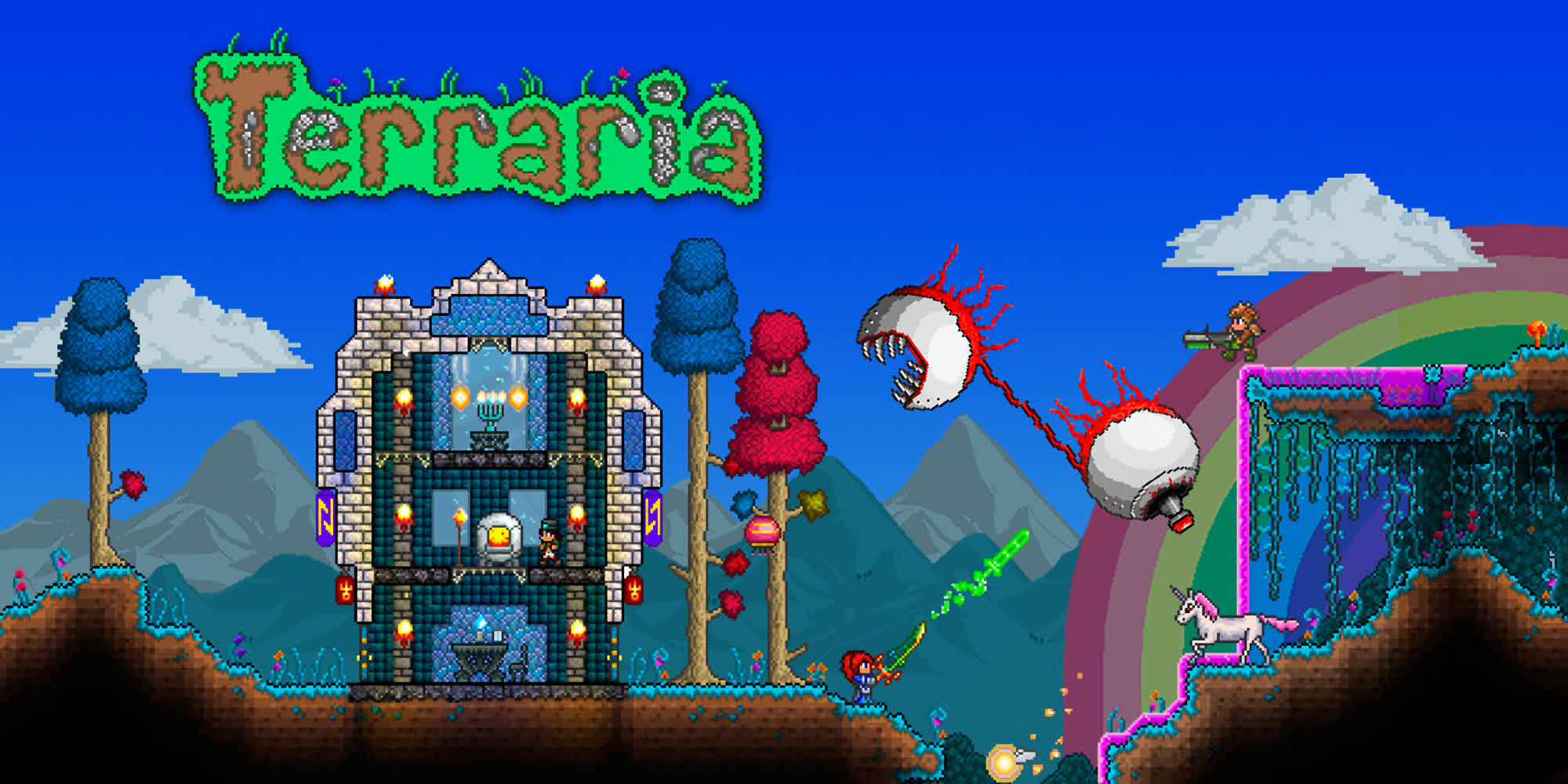
Terraria is a 2D sandbox adventure game launched in May 2011. It features crafting, exploration, action and combat elements with a 16-bit graphical art style that looks and plays a lot like games such as Super Metroid or Minecraft.
In fact, Terraria shares more than just basic visual similarities with Super Metroid. Like the SNES classic, it also features a wonderful soundtrack that is instrumental in creating an immersive gameplay environment. For me personally, that starts with the excellent Overworld Day track.
Click to play the soundtrack
This tune is almost innocent in nature, encouraging exploration and inviting the player to experiment with elements like crafting and shelter building.
As day bleeds into nightfall, the background music becomes more somber. Start digging down into the ground and the music changes again, this time into something that’s even more reminiscent of something you might hear in a Metroid game. Enter a boss zone and you quickly realize it’s time to go into battle.
Click to play the soundtrack
This is the brilliance of what composer Scott Lloyd Shelly did with Terraria’s soundtrack – it adapts to what’s happening on-screen and really boosts immersion. It doesn’t take long to forget all about the fact that you are playing a game that is visually primitive to what is considered cutting edge by today’s standard.
System Shock 2: 1999
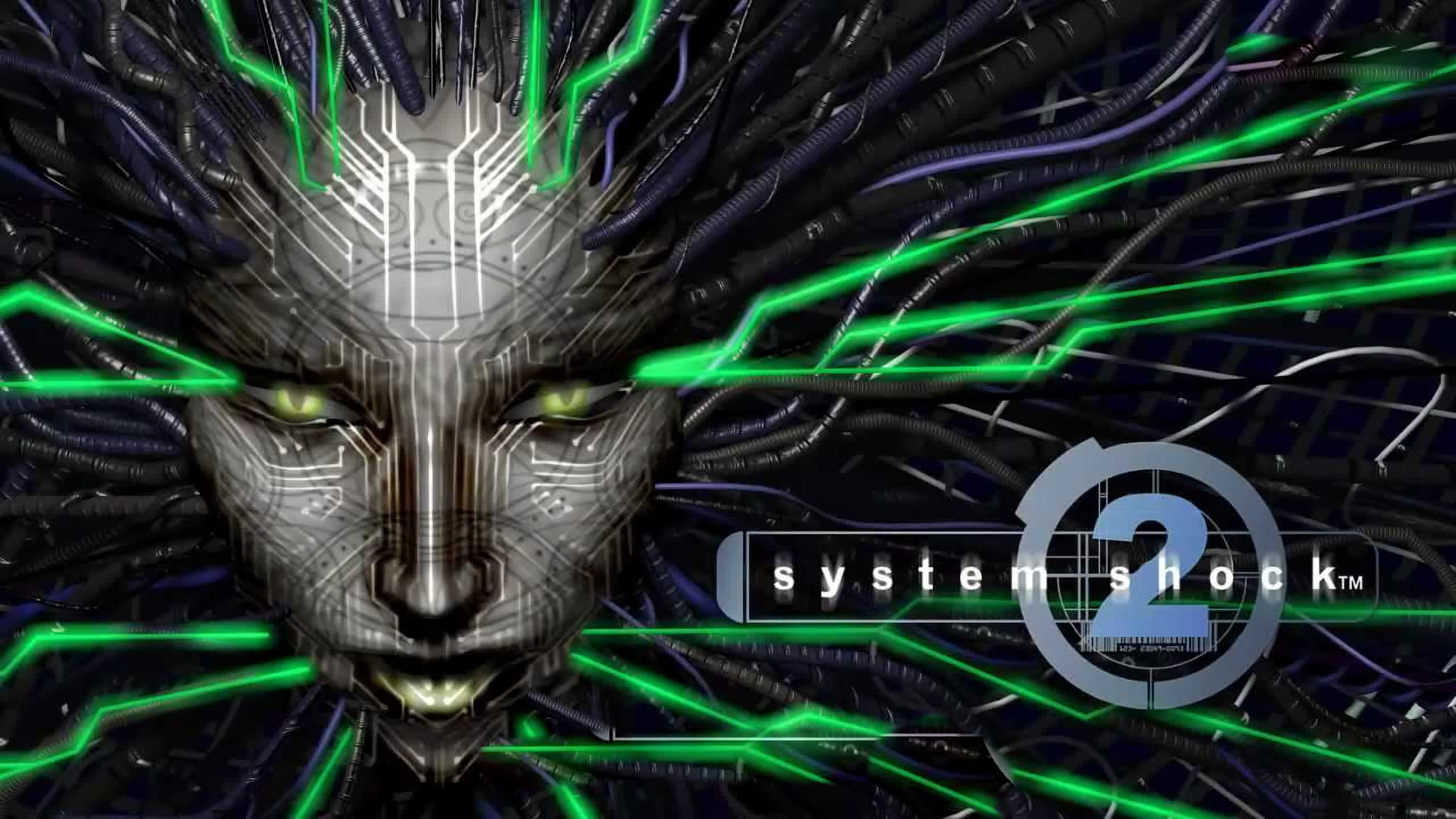
System Shock 2 began life in 1997 as something entirely different. Looking Glass Technologies launched the original System Shock in 1994. A few years later, a couple of Looking Glass staffers including Ken Levine left the company to create their own dev studio, Irrational Games. As fate would have it, the head of Looking Glass called and asked if they wanted to come in and propose a game they might want to build. Immediately, they thought of System Shock 2.
Levine said the initial design problem was how to construct such a game without the luxury of the actual System Shock license. Eventually, Electronic Arts signed on as publisher in early 1998 which meant they could utilize the System Shock name.
Click to play the soundtrack
For as great a game as System Shock 2 was, the music might be even better. It was composed by Josh Randall, Ramin Djawadi and Eric Brosius and is nothing short of spectacular. Med Sci 2 is quickly becoming a favorite of mine and Ops 1 is giving me some strong The Legend of Zelda level nine vibes.
Click to play the soundtrack
Randall, also known as Robotkid, went on to serve as creative director at Harmonix Music where he worked on projects like Guitar Hero and Rock Band. Djawadi is perhaps best known for scoring smash hits like Game of Thrones, Westworld and the 2008 film Iron Man. Brosius, a former member of the band Tribe, was also responsible for composing the music for the first three Thief games.
Dusk: 2018
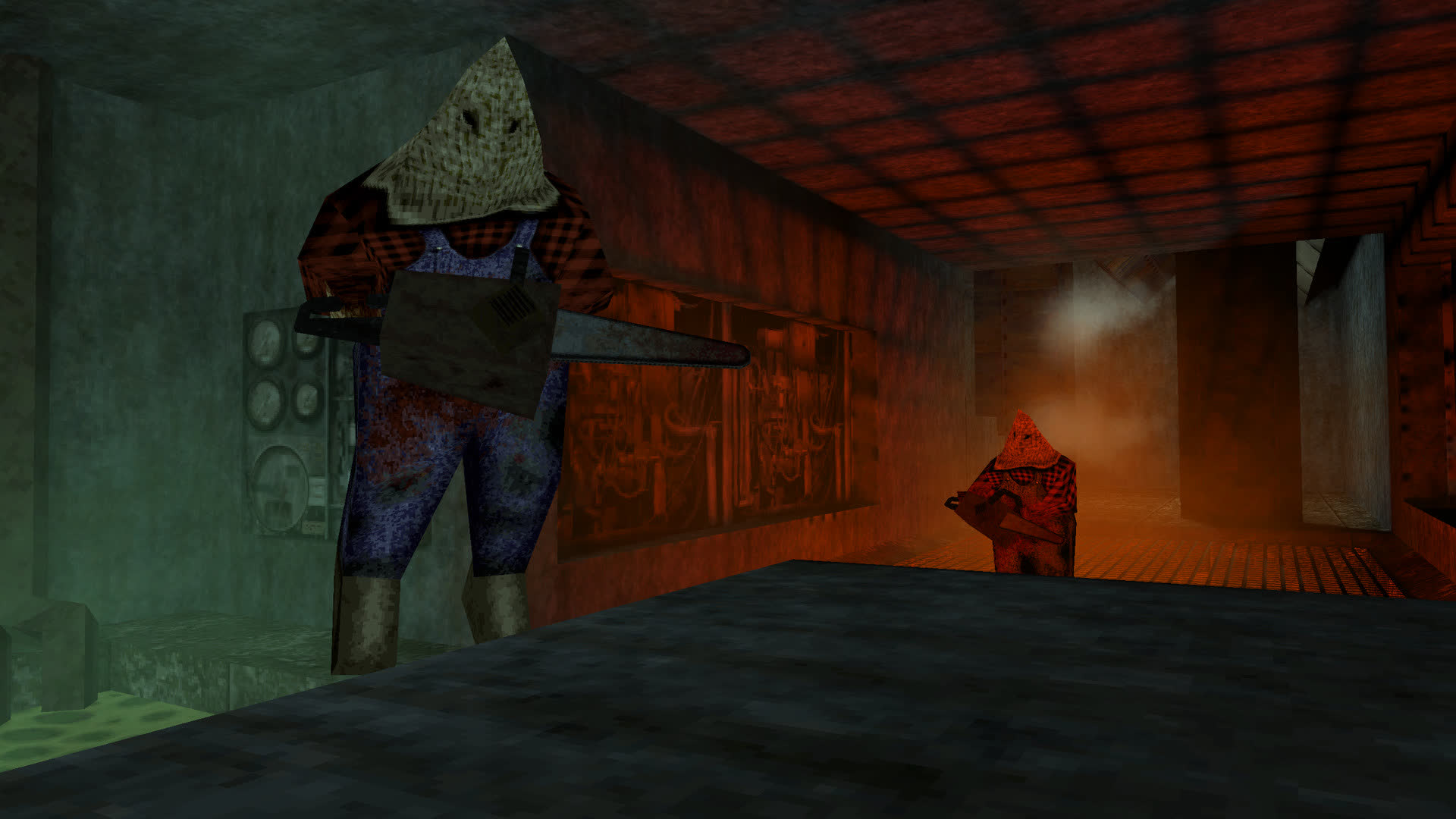
Dusk is a retro first-person shooter from David Szymanski that was inspired by classics like Doom and Half-Life. The game plays a lot like early first-person shooters, tasking players with reaching each stage’s exit while battling demonic creatures, collecting power-ups and finding secrets along the way.
What put Dusk on my radar, however, was its killer soundtrack.
Click to play the soundtrack
Dive into Dusk expecting a non-stop feed of thrash metal and you’ll be disappointed. Instead, what you get is mostly serene background music that only ramps up during intense battle scenes. But when the action does get hot and heavy, oh boy is the music good.
Endless is my favorite song from the soundtrack, hands down, so much so that I’ve added it to my everyday music playlist. Departure to Destruction is another track that accurately represents what composer Andrew Hulshult tried to accomplish with Dusk.
Click to play the soundtrack
If there’s one complaint, it’s that the hardcore tunes are spaced too far apart in the game. But, this can be easily solved by simply loading up the original game soundtrack in your favorite streaming service or on YouTube.
Max Payne: 2001
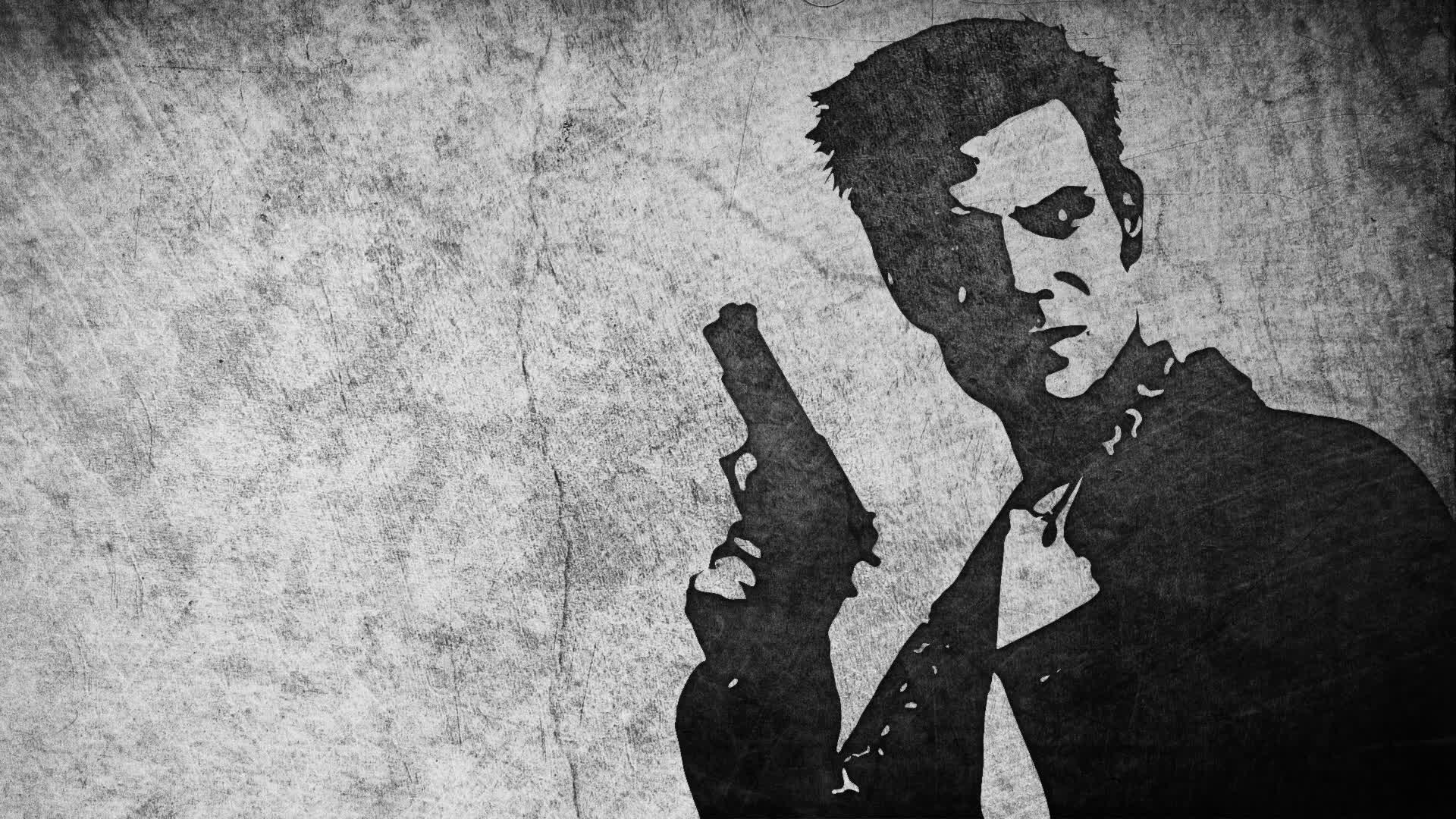
Max Payne has always felt like one of those games that never got the credit it truly deserved, but perhaps that is just a bit of revisionist history.
The third-person shooter was met with a wave of mostly favorable reviews following its launch in the summer of 2001 and took home plenty of hardware during awards season including Best PC Game of 2001 honors from the British Academy of Film and Television Arts. It also won the IGN readers’ choice award in several categories including best graphics and best sound.
Click to play the soundtrack
Two sequels were produced, as was a full-length film adaptation starring Mark Wahlberg and Mila Kunis. It was also among the first video games to successfully implement the bullet-time mechanic. It had a pretty good soundtrack, too.
Music in the game was composed by Kärtsy Hatakka and Kimmo Kajasto. While it doesn’t have any songs that’ll burn themselves into your brain, Killer Suits and Graphic Novel are both excellent examples of the sort of atmosphere the soundtrack helped set.
Click to play the soundtrack
With this one, it’s more about the sum of its parts. I think that holds true for the game in general, the franchise and especially the soundtrack.
Mirror’s Edge: 2009
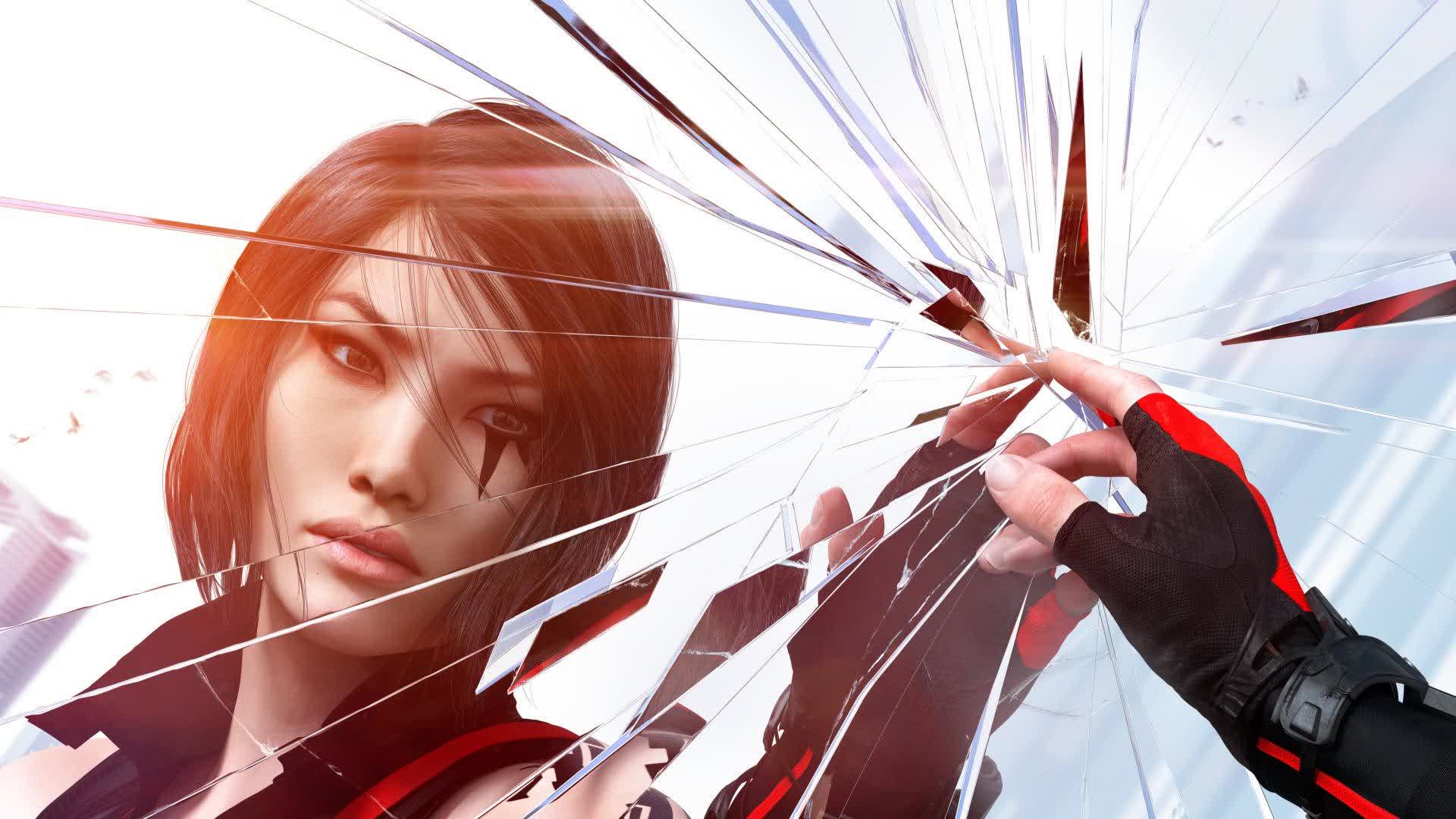
If ever a game on this list elicits pure ambience with its soundtrack, Mirror’s Edge is it.
Released in late 2008, the action-adventure platformer tasks players with controlling Faith Connors as she traverses rooftops, runs along walls, climbs pipes and performs other acrobatic feats of danger to slip past foes. In short, it’s a game about Parkour.
Click to play the soundtrack
Parkour seems like the sort of activity where you really need to be in the zone, the right mindset. Music in the game, no doubt as it does for real-life Parkour players, can go a long way in helping to get your head in the right place.
The music in Mirror’s Edge was composed by Magnus Birgersson, although you might know him better by his stage name, Solar Fields. Birgersson is a well-known Swedish electronic music artist that worked on the original title and the sequel, Mirror’s Edge Catalyst.
Click to play the soundtrack
If you like what you heard from the original, there’s little reason to suspect Fields’ work in the second game won’t also appeal to you.
Add Your Suggestions to this List
With potentially dozens of great PC games released every year and hundreds of amazing ones in history that had an iconic music score, this list can in no way be comprehensive, but it can be a conversation starter for you to suggest and share your favorite music in a PC game.
Civilization, Cuphead, Minecraft, Command & Conquer, The Witcher, FIFA? We hear you. What’s yours?
Keep Reading. Gaming at TechSpot
[ad_2]
Source link







